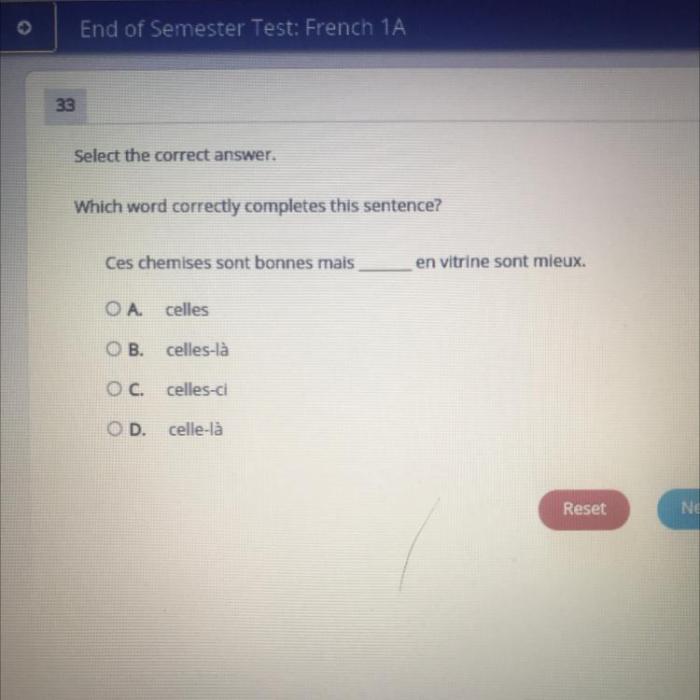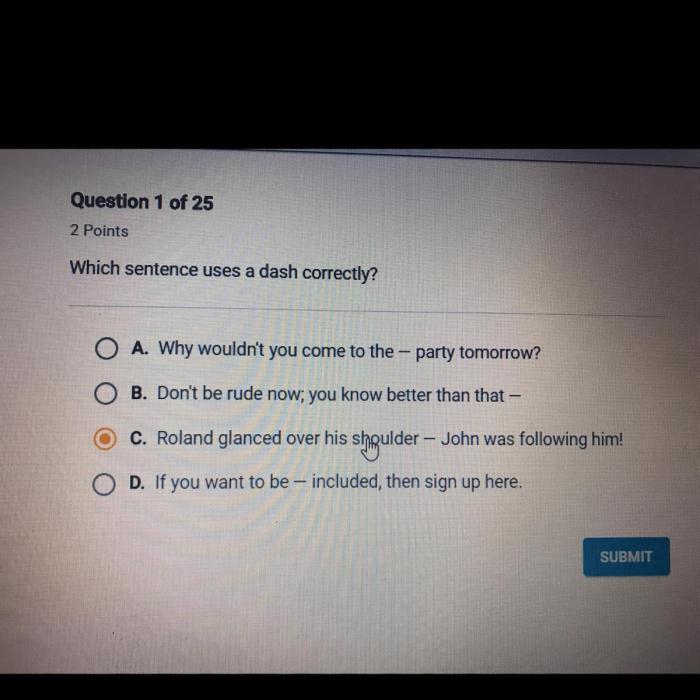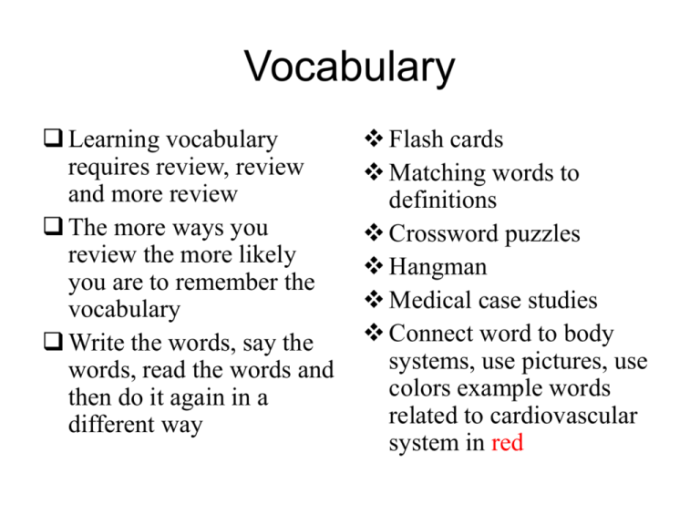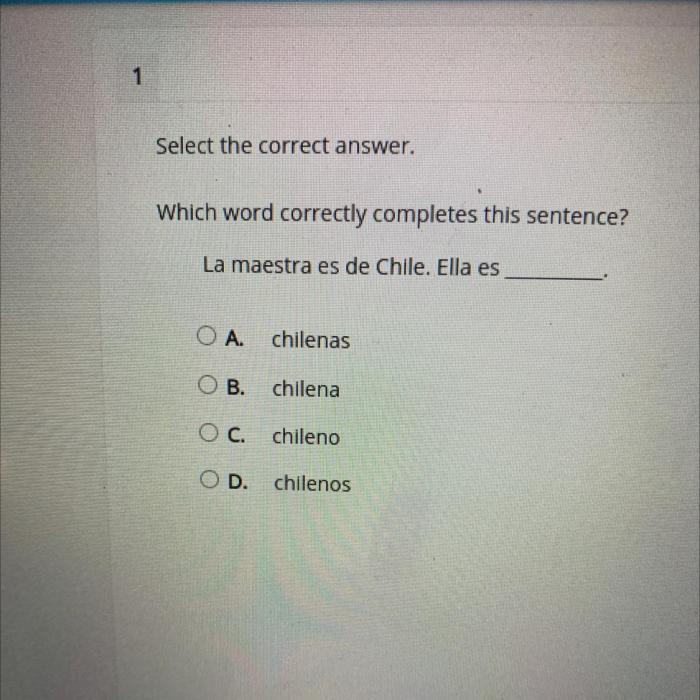Which choice correctly uses a prefix and completes the sentence – Which choice correctly uses a prefix to complete the sentence? This engaging exploration delves into the fascinating world of prefixes, their grammatical significance, and their power to transform the meaning and function of words. Join us as we uncover the secrets of prefix usage and its crucial role in crafting grammatically sound and semantically rich sentences.
Prefixes, those indispensable building blocks of language, play a pivotal role in sentence completion. They possess the ability to alter the meaning and function of words, enabling us to express complex ideas with precision and clarity. This article aims to shed light on the intricate relationship between prefixes and sentence completion, providing a comprehensive understanding of their usage and significance.
Identifying Prefixes

Prefixes are grammatical units attached to the beginning of words or roots to modify their meaning. They are widely used in the English language to derive new words with specific nuances and functions.
Common Prefixes and Their Meanings, Which choice correctly uses a prefix and completes the sentence
- un-: negation or opposite
- re-: repetition or backward motion
- pre-: before or in advance
- inter-: between or among
- trans-: across or through
Prefixes in Sentence Completion

Prefixes play a crucial role in completing sentences grammatically. By altering the meaning and function of words, they can change the overall message conveyed.
Example
The word “locked” can be transformed into “unlocked” with the prefix “un-“. This changes the meaning from “secured” to “unsecured”.
Evaluating Sentence Completions

To demonstrate the significance of prefixes in sentence completion, let’s evaluate a table with missing prefixes:
| Sentence | Prefix | Completed Word | Grammatical Function |
|---|---|---|---|
| He was not able to __lock the door. | un- | unlock | verb |
| The students had to __write the exam. | re- | rewrite | verb |
| The __view of the mountain was breathtaking. | pre- | preview | noun |
| The __relationship between the two countries was strained. | inter- | interrelationship | noun |
| The package was __ferred to another address. | trans- | transferred | verb |
Illustrating Prefix Usage: Which Choice Correctly Uses A Prefix And Completes The Sentence

- Negation or Opposite:“unhappy”, “unfair”, “unaware”
- Repetition or Backward Motion:“reopen”, “rethink”, “rewind”
- Before or in Advance:“preheat”, “preview”, “prepaid”
- Between or Among:“interstate”, “international”, “interdisciplinary”
- Across or Through:“transmit”, “translate”, “transport”
FAQ Explained
What is a prefix?
A prefix is a morpheme that is added to the beginning of a word, root, or stem to form a new word with a modified meaning.
How do prefixes help complete sentences?
Prefixes can alter the meaning of a word, making it suitable for use in a particular sentence context. They can also change the grammatical function of a word, such as turning a noun into a verb.
What are some common prefixes?
Some common prefixes include re-, un-, dis-, mis-, and pre-. Each prefix has its own specific meaning and usage rules.